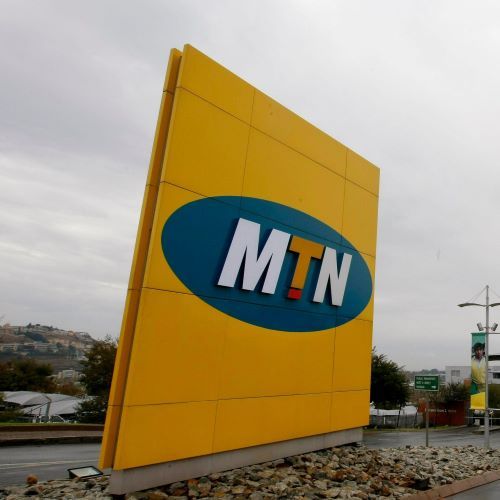
Also in today's EMEA regional roundup: Vodafone and friends set up 5G testbed in Portugal; Meta changes tack on EU data privacy; Branson's satellite firm sheds most of its workforce.
MTN is investing another 1.5 billion South African rand (US$84.2 million) into its network availability program as it attempts to make its basestation sites less vulnerable to vandalism and theft, much of which occurs during the many periods of "load shedding," or planned power cuts. CEO Charles Molapisi said MTN plans to install backup solar power, batteries, generators and extra security features to ensure improved network availability during periods of load shedding. "In future," he added, "we expect to be completely off the grid at most sites so that these problems do not affect the quality of our service." To date, the network availability program has resulted in the upgrade of more than 3,000 sites; MTN hopes that the remainder will be done by the end of May. Earlier this month Connecting Africa – a Light Reading sister site – reported that load shedding wiped $38 million off MTN's earnings during 2022. Figure 1:
 (Source: Reuters/Alamy Stock Photo)
(Source: Reuters/Alamy Stock Photo)Vodafone Portugal has teamed up with Ericsson and Capgemini to open a 5G testbed in Lisbon that companies – particularly small and midsized ones – can use to develop, experiment, test and validate 5G-based products and services. In addition to the physical space in Lisbon, the Vodafone Boost Lab, as the facility is called, will also have a mobile component that will furnish companies with the testing and certification tools they need to carry out their own 5G development work at their own premises.
Meta, the owner of Facebook and Instagram, has said that it will change its approach to how those platforms use personal data for targeted advertising within the EU following a €390 million ($425.7 million) fine from the Irish Data Protection Commission earlier this year for alleged breaches of the data privacy rules. As Reuters reports, Meta now says it plans to to comply with GDPR rules by using the "Legitimate Interests" legal approach (which allows companies to use personal data in a way that those it is being hoovered up from can reasonably expect) rather than the "Contractual Necessity" approach. However, Meta is still appealing against the earlier fine, the report adds.
Virgin Orbit, the satellite-launch company owned by British entrepreneur Richard Branson, is laying off 675 employees, or 85% of its staff, the BBC reports. Earlier this month the company had suspended operations as it sought to refinance. In January the company's debut mission from UK soil ended in disappointment after "an anomaly" led to a premature shutdown of the launch vehicle and, ultimately, a failure to reach orbit. Branson has injected $10.9 million into Virgin Orbit to fund severance payments and other related costs.
Swedish software company Enea has landed a €6.6 million ($7.2 million) contract with one its key (though unnamed) customers. The contract covers licenses and continued support for its legacy operating system, OSE.
— Paul Rainford, Assistant Editor, Europe, Light Reading
Read more about:
EuropeAbout the Author(s)
You May Also Like












